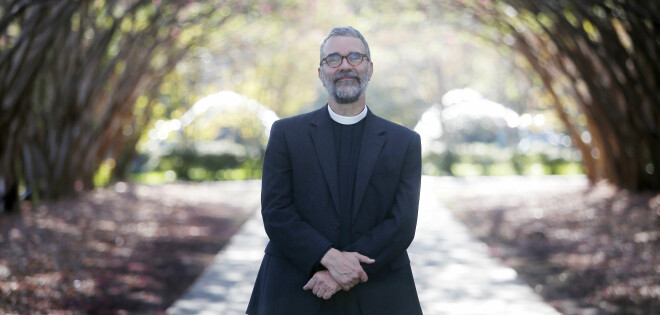Well, That Didn't Take Long

Sometimes people who oppose assisted suicide argue that the safeguards will fall away, and the conditional clauses get lost, and the financial pressures will grow, and the most vulnerable will be lumped in, consent or not, with the terminal who wish to die. Sometimes the speed with which ‘maybe’ becomes fact is breathtaking. Sometimes being right is no joy at all…
According to the National Post of Canada, in its consideration of the assisted suicide debate, Belgium now has gone further and approved the termination of life for doctors, not just in cases of oppressive pain with death in sight, but also ‘autism, anorexia, borderline personality disorder, chronic-fatigue syndrome, partial paralysis, blindness coupled with deafness, and manic depression.” (Atlantic article by Rachel Aviv, as quoted by Andrew Coyne, April 18, 2016). In other words, why should the unhappy need still be here? What justification is there for that?
I come from the academic world, where everything is to be debated, most things have two sides, opinions should be left open. But here the mask is off. The nihilism and brutality are clear. What is at stake in terms of the vision of the human person is clear. Only the fit are fully worthy to live. The word ‘eugenics’ is appropriate to use. Suffering is the enemy and those who experience it have the responsibility to have themselves removed.
I am not saying that there are not difficult dilemmas. I am not saying that there is not a grey area in which proper relief of pain may also shorten life. But Western societies are going way, way beyond these zones. And where they are headed can, in light of such evidence, cannot but have an implication for the nature of the lives all of us lead.
Are we there yet in the United States? No, but we had better get ready to set our face against this now. The brisk momentum of acceptance, of presumption of appropriateness, for decisions that are nowhere near appropriate, is a lesson in the doctrine of sin. As Coyne points out, quickly, the issue tells us how we are to see, not just death, but life. It epitomizes a worship of vitalism, of the healthy and strong who merit survival. It lays bare, as I say, the paganism of Western culture. And so this is an issue on which Christians should not be impartial or quiet.
Stanley Hauerwas has said that a society is gauged by its treatment of the most vulnerable, the child, the handicapped, the sick. Is this not the imperative of our Lord in Matthew 25? By this standard, the momentum of assisted suicide deserves a reaction of horror. Such a reaction is to be treasured and preserved, for it is on bulwark against a new and horrid like of society at large.




2 Comments
Amen! Our Lord left us with a clear imperative to care for the "least of these." It isn't easy and is often painful. And it is the work God has given us to do. Thank you for your words.
Working in the health care ministry, this is truly a slippery slope. Thank you for sharing this.